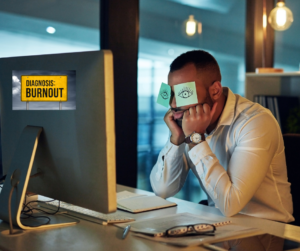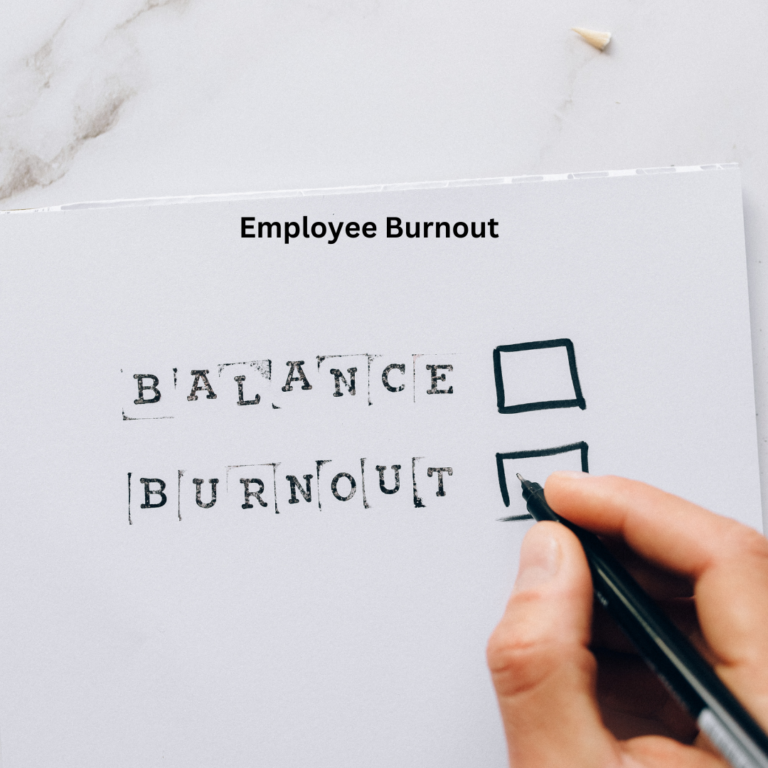
If you’re one of the many amongst us that feel like there’s never enough time in the day, you’re not alone. Since the height of the pandemic, there’s been widespread burnout among employees and managers. New research in the form of a Harris Poll survey conducted on behalf of The Grossman Group looked at some of the many drivers of workplace burnout.
The survey, conducted over two waves in January, examined the extent of which American workers are thriving, burned out or ambivalent. The research also looked at what drives those emotional states and how to assist employees in learning how to thrive.
There may be some work ahead as more than 75% of employees and 63% of managers reported the feeling of burnout or feeling ambivalent in their current role. Yet despite these high numbers for both employees and managers, employee burnout is often not recognized by managers. The survey findings pointed to a significant disconnect with 89% of managers reporting their employees as thriving when in fact only 24% of employees report themselves to be thriving. This creates a significant discrepancy between two groups who need to be on the same page as much as possible.
Navigating Change
The biggest drivers of burnout for both groups were constant change, turnover, unnecessary work, and the disconnect between stated workplace values and the actual culture. Change, especially in the areas of work dynamics and technology, is often largely out of the purview of workers and managers. Change in the workplace is often a trickle-down effect with potentially far-reaching impacts.
Employees who become overwhelmed by these changes often find themselves unable to cope. This feeling can evolve into related feelings of ambivalence and languish as well as feeling checked out, leading to high possibilities of quiet quitting and/or losing valued employees. Also, younger generations unused to the pressures of work are less able to cope than older generations with everyone ultimately feeling an impact.
Wake-up Call
“These findings are a wake-up call,” said David Grossman, founder and CEO of The Grossman Group, a leadership and communications consulting firm in Chicago. “Clearly employees are not okay and yet that’s often not recognized by senior leadership or the frontline leaders whose job it is to support and engage their teams.”
Additionally, “managers have been asked to lead employees through this permacrisis we find ourselves in today with empathy, and yet they still face greater responsibilities and heightened productivity pressure, often with fewer resources and smaller teams,” he continued.
Survey Findings
- 75% of employees report burnout
- 63% of managers report burnout
- 58% of managers and employees report mental exhaustion
- 54% feel overwhelmed in their current role
Implications Now and in the Future
It is critical for organizations to address burnout before it becomes too late. Leadership must take a closer look at where the focus needs to be because shifting priorities create unnecessary work and inhibit productivity.

